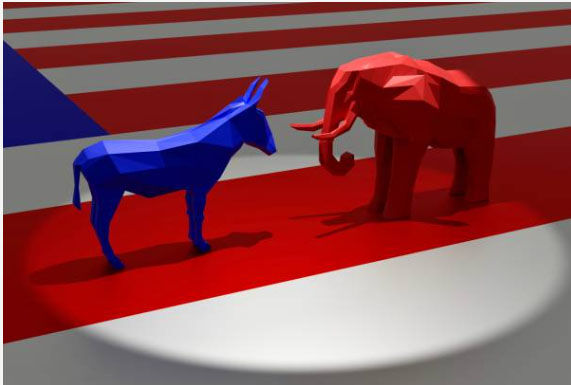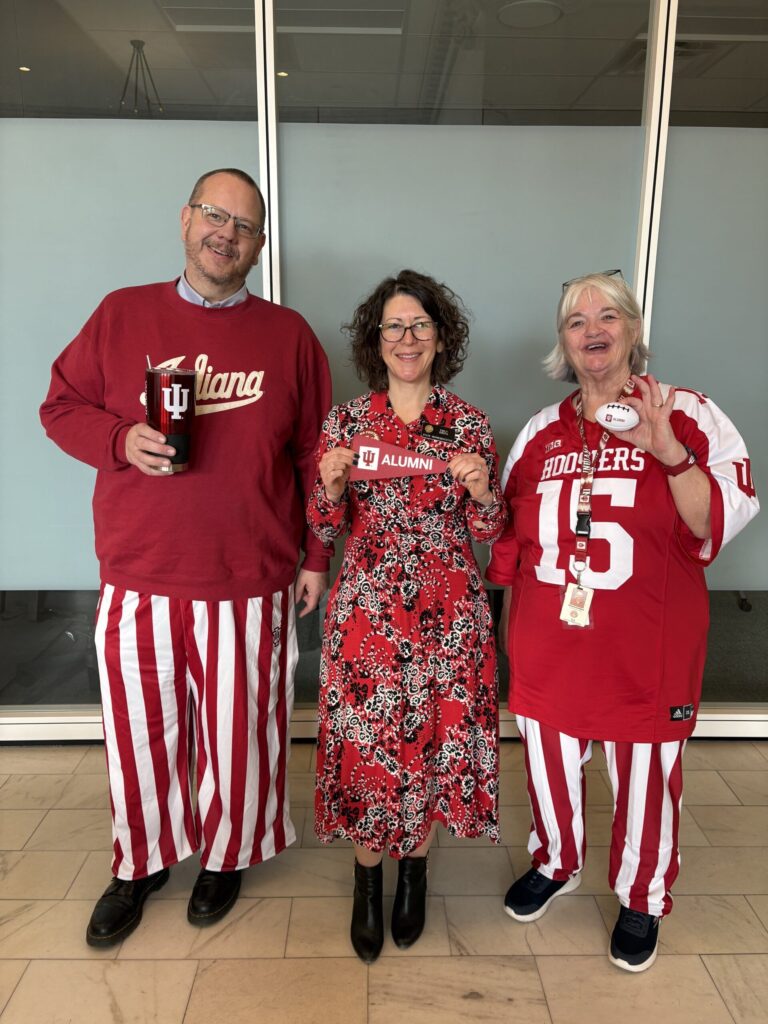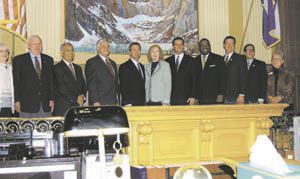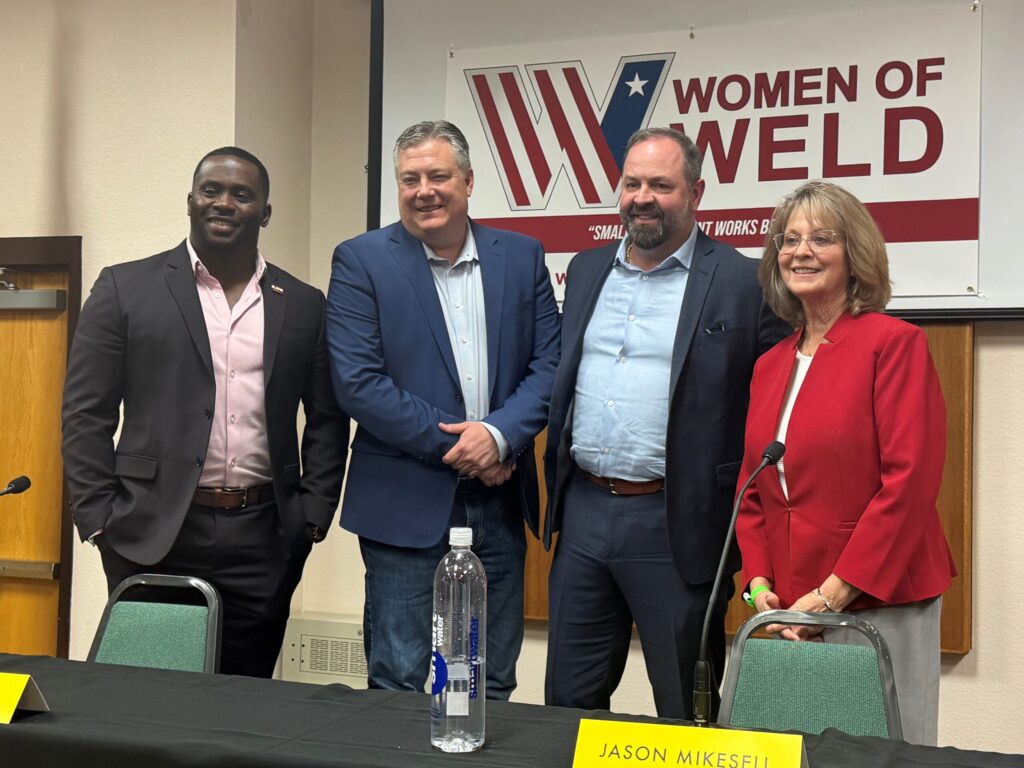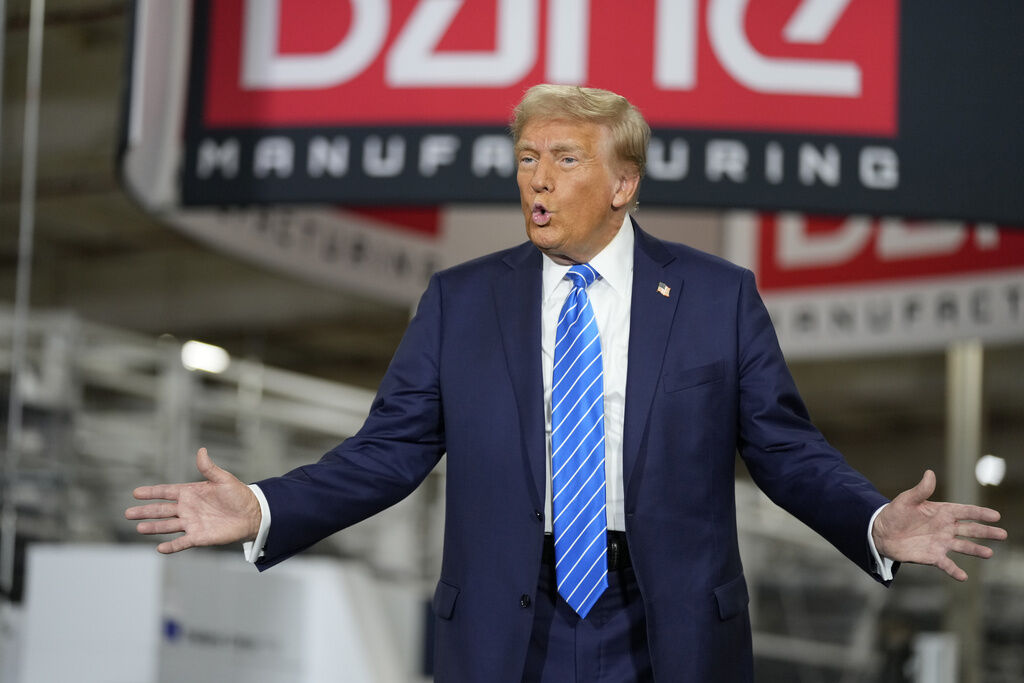Oil and gas money flows into local elections seeking a bang for the buck

Money from the oil and gas industry and its supporters has been flowing into municipal elections in the suburban oil patch north of Denver -but while the bucks have been big by local standards, so far the bang has been small.
The most recent foray into community elections came in Erie on April 3, when $55,000 was dropped into the races for mayor and township trustee by Vital for Colorado, a broad business coalition that supports the oil and gas industry.
The money went to support mayoral candidate Dan Woog and three candidates for trustee with digital ads, mailings, and telephone calls. All four candidates lost.
Last November in nearby Broomfield, Vital for Colorado and other oil industry-related groups poured about $340,000 in cash and in-kind services into opposing a ballot measure directing the city government to consider health and safety in issuing local oil and gas permits.
The ballot question passed with 57 percent of voters supporting the measure.
“When you get a lot of money pumped in, it gets interesting,” said Broomfield Mayor Randy Ahrens. “But oil and gas money may have an opposite effect. If you take money from oil and gas, it may paint you in a bad light.”
Vital for Colorado spokesman Rich Coolidge said in an email that the organization is simply trying to balance out “anti-business” groups that have long been involved in municipal elections and a “growing negativity and obstruction in Colorado politics, especially at the local level.”
“For Colorado to continue to attract investment and create jobs, we need officials at the local and state level who will take a constructive and rational approach to regulatory and permitting decisions,” Coolidge said.
Among the groups Coolidge cited as being anti-business are the Sierra Club, the League of Conservation Voters and a local group associated with the progressive political action committee Indivisible.
The flow of money from business interest groups and companies is relatively new in Colorado, first making a mark in Denver’s in 2015 election and in Colorado Springs in 2017, said Peg Perl, a public policy attorney who was formerly with Colorado Ethics Watch.
Vital for Colorado’s Coolidge said the entry into local elections is being forced by new trend. “Activism against the state’s energy sector has spilled over into activism against all kinds of development, especially residential construction and new transportation infrastructure,” he said.
The flow of money into local elections could present in challenges, Perl said. “The rules may allow corporate donations, which aren’t allowed at the state level, and the reporting may not be as transparent. Local elections are still a place where you can get a bigger bang for the buck.”
In Erie, however, the Vital for Colorado campaign work, which was done independent of the candidates’ campaigns, led to candidates trying to distance themselves from the business group.
One trustee candidate, Liz Locricchio, sent Vital for Colorado a letter urging the group “to cease and desist any and all actions that involve the use of my name or reference to me personally, professionally or as a candidate.”
Woog and the two other trustee candidates, Barry Luginbill and McKenzie Ferrie, also said they had no relationship with Vital for Colorado and sought no help from the group.
Erie has been the scene of intense drilling, with as many as five companies operating in the town of 23,000. The election fell along differing views of oil and gas regulation, with advocates of local control winning the three trustee seats.
The contrast was sharpest in the mayoral race where trustee Jennifer Carroll has been a strong supporter of local rules on oil and gas operations while Woog, also a trustee, voted against a string of measures to deal with odors, buried pipelines and permitting.
Woog has called for municipalities to place more pressure on the state to stiffen its regulations. Carroll won with 70 percent of the vote.
“In suburban communities that have been tangibly impacted by oil and gas development, citizens have taken the time to get educated and organized,” said Sara Loflin, executive director of the League of Oil and Gas Impacted Coloradans (LOGIC), a non-profit umbrella organization for community groups.
In Erie more than 1,000 complaints were filed by residents in 2017 against Crestone Peak Resources alleging odor and noise violations, which led to the town adding oil and gas operations to its odor ordinance.
“The more egregiously the industry has treated a municipality, the less likely it is going to be able to win hearts and minds in an election,” Loflin said.
Extraction Oil and Gas Inc. turned up in Broomfield with plans to drill 139 wells on 10 sites, some near subdivisions, sparking a protest movement. The city eventually negotiated a reduction in wells and sites, but there was still opposition.
Some of that opposition was channeled in the November 2017 election into Question 301, which aimed to give city government broad powers in regulating oil and gas operation so that they do not adversely impact the health, safety and welfare of Broomfield residents.
Vital for Colorado and the Colorado Oil and Gas Association (COGA), an industry trade association, were among several industry-related groups that donated hundreds of thousands of dollars to oppose 301. In the end, about $200,000 were spent.
A campaign committee back by LOGIC spent about $3,500, and the Sierra Club donated $35,000.
Despite the difference in spending, the measure passed.
“There may be a limit to what you can do on a local level” on an issue like this, Ahrens said.
While Vital for Colorado did not have much success in Broomfield and Erie, it fared better in Thornton, supporting four city council candidates – three of whom won – with $75,000 for mailers and phone banks.
In addition, an industry committee whose treasurer is COGA’s communications director made donations totaling $400 to two candidates. Oil companies Extraction and Great Western Oil & Gas Co. contributed a total of $6,500 directly to candidates, according to filings with the city.
Although oil and gas operators are in the process of seeking to lease mineral rights in Thornton, there is no drilling or applications to drill in the city.
Still, in August, the Thornton City Council adopted a new oil and gas ordinance that has some standards that are tougher than state requirements. COGA has sued the city.




